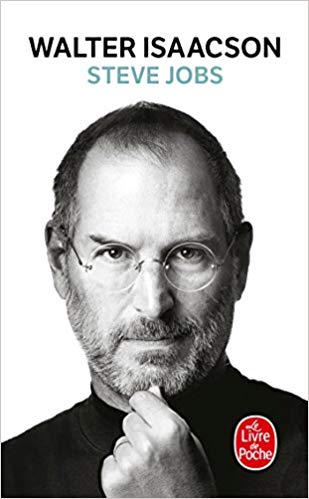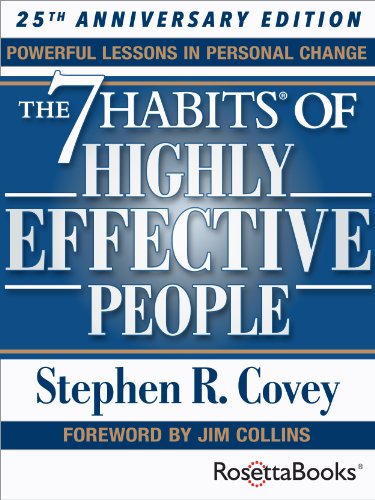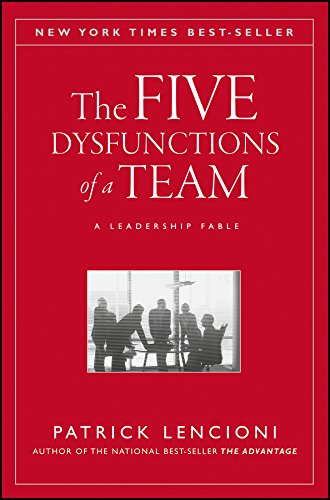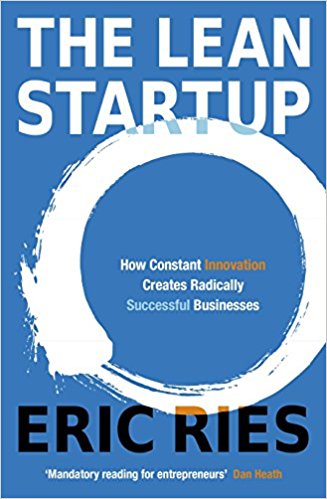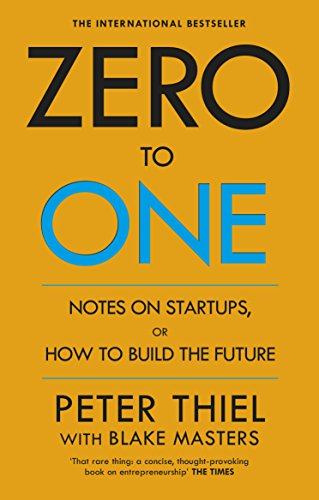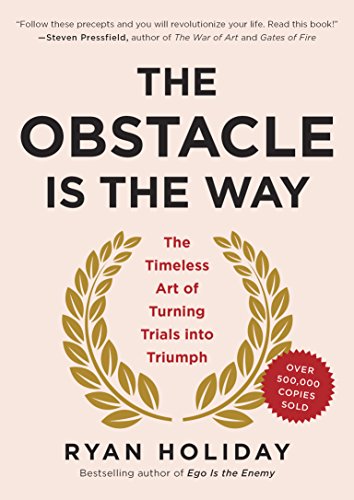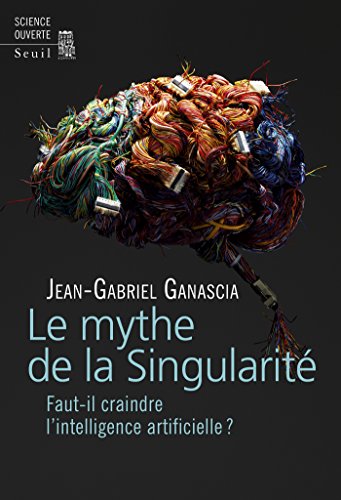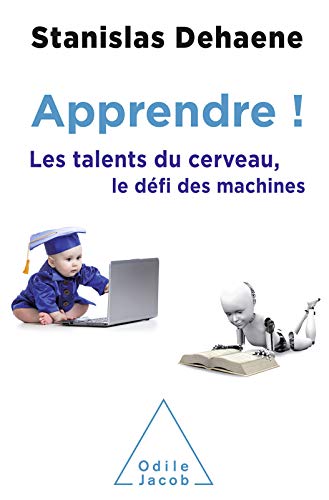2018 good reads
Steve Jobs
Obviously an interesting person to know more about. I find this somewhat anecdotal however. I’m having trouble finishing. I guess I personally look for general concepts in books, and this feels limited to the historical happenstances that this (arguably incredible) person encountered. I guess now I know what the “Reality Distortion Field” is, and why it’s mostly cited by Silicon Valley people…
The 7 habits of highly effective people
I actually held out before buying this book for a while just because of the title. I guess it’s actually more a sign of the times, since it was published 30 years ago, before the internet was here to clickbait us with “The X [whatever] that will blow your mind”-type titles.
Anyway: this is a must read for everyone (well, mostly if you’re into human interactions I guess). Some sentences will stick with you for a long time, e.g.:
Many people listen with the intent to reply, instead of the intent to understand.
You’ll be a better human being after reading this, and want to continue improving.
The Five Dysfunctions of a Team
Disclaimers: this is a guy who sells these ideas for a living. It’s basically an advertisement for his consulting firm.
And yet: every time he describes a meeting, a dysfunctional relationship, etc… I was thrown back to recent interactions, at work or elsewhere, which I could feel were dysfunctional but could not put my finger on why, and of course even less on how to change it. I found this really thought provoking, and it changed the way I view meetings and teamwork.
The Lean Startup
The startup bible. Even if some believe it is time to re-interpret this work, it is nevertheless a must-read for anyone curious about some of the core concepts in modern innovative work. I would stress that this is not reserved for actual startups: it applies very well to any area of life where innovation is involved, which in my opinion should and will be more and more all kinds of employment.
Zero to One
Some great and well expressed ideas in this book by Paypal co-founder Peter Thiel. One I really like is the idea of a “secret” to build a startup on. This is a good complement to Eric Ries’ “The Lean Startup”, as it gives a more birds eye view of the issue of building a successful startup.
Guns, Germs and Steel
Fascinating multi-disciplinary study to try to answer the question : “Why did the power plays of humanity arise as they did?”. After being taught e.g that the conquistadors ravaged the new world with their germs, I had never stopped to ask: Why? Why didn’t the new world conquer Europe? Why weren’t Europeans decimated by new world diseases? It also gives excellent tools to fight the lingering remains of colonial thoughts in Europe: no, differences in economy and technology are not because some people “work harder” or are naturally smarter. If anything, westerners have been selected less on their smarts than other populations in the past millenium.
Boyd
I’m not so much into biographies these days. This was worth it though: I feel like I’ve met an incredible figure. Coram often uses a tone that is not at all neutral, but I guess it’s an interesting take on the life of someone who seems to have been always fighting against strong odds. I’m still trying to understand what the heck Boyd meant in his paper “Creation and Destruction”, but these are probably the first thoughts on the actual process of creation that I read. Food for thought!
La tragédie des communs
The theory of collapse is quite hyped these days. Re-reading this foundational text in the matter is interesting from a historical viewpoint. I also realized that there is a lot of criticism today surrounding this text, and it is true that some ideas do not fit with our modern world views. But it’s a great starting point to study collapse.
The Obstacle is the Way
I’ve been curious for a while abour Ryan Holiday. I decided to start with this one, because it seemed to delve into the topic of stoicism quite a bit. While the general ideas resonated quite well with me, I must say that I felt like the author is talking to a millenial american frat-boy most of the time. I guess its success stems precisely from that, as it’s an easy entry into the world of stoic philosophy. Time to dive deeper into the topic!
Le Mythe de la Singularité
I had a hard time reading this. It felt like reading someone’s opinion for 150 pages. I can’t really pinpoint anything that I’ve learned, except that the author doesn’t believe in the singularity. Many of the arguments developed felt like straw men: starting from a popular exageration of ideas of some of the inventors of modern learning techniques, and refuting them, without ever offering another analysis of things to come.
Apprendre
An excellent introduction to the field of neurosciences, viewed from the scope of learning. While the approach is accessible to anyone without any prior knowledge in the field, it is also extremely well documented. I’ve spent some time browsing a fraction of the references, which are quite fascinating. Some relations to the field of machine learning, and specifically artificial neural networks, are highlighted. But from a computer science perspective it is mostly interesting to have a better understanding of how human learning works, as it yields many insights on the process of designing and solving a machine learning problem.
